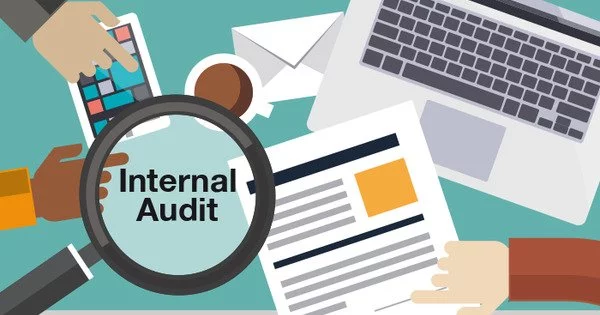Internal auditing is an independent, objective assurance and consulting activity that adds value and improves the operations of a company. It assists an organization in achieving its goals by bringing a systematic, disciplined approach to evaluating and improving the effectiveness of risk management, control, and governance processes.
Internal auditing’s primary function is to evaluate the adequacy and effectiveness of an organization’s internal controls and risk management processes. Internal auditors examine and evaluate an organization’s policies, procedures, and systems to ensure that they are designed and operating effectively to mitigate risks, protect assets, and achieve organizational goals.
Internal auditing could help achieve this goal by providing insight and recommendations based on data and business process analyses and assessments. Internal auditing adds value to governing bodies and senior management as an objective source of independent advice when it is committed to integrity and accountability. Internal auditors are professionals employed by organizations to perform internal auditing.
Internal auditors typically perform the following tasks:
- Risk assessment: Identifying and assessing the risks that an organization faces and evaluating the adequacy of controls in place to mitigate those risks.
- Control evaluation: Reviewing and testing the organization’s internal controls to determine their effectiveness in ensuring compliance with policies, laws, and regulations, and safeguarding assets.
- Compliance monitoring: Verifying compliance with applicable laws, regulations, and internal policies and procedures.
- Operational review: Assessing the efficiency and effectiveness of operational processes and recommending improvements to enhance productivity and achieve organizational objectives.
- Fraud detection: Investigating potential fraud and irregularities within the organization and making recommendations for prevention and detection.
Internal auditing within an organization can cover a wide range of topics, including governance, risk management, and management controls over: efficiency/effectiveness of operations (including asset safeguarding), the dependability of financial and management reporting, and compliance with laws and regulations.
Internal auditing may also include performing proactive fraud audits to identify potentially fraudulent acts, participating in fraud investigations under the supervision of fraud investigation professionals, and performing post-investigation fraud audits to identify control breakdowns and establish financial loss.
Internal auditors play a critical role in assisting organizations in maintaining good governance practices, effectively managing risks, and ensuring the integrity of their operations. They provide independent and objective assessments of an organization’s internal controls and contribute to efforts toward continuous improvement.
















